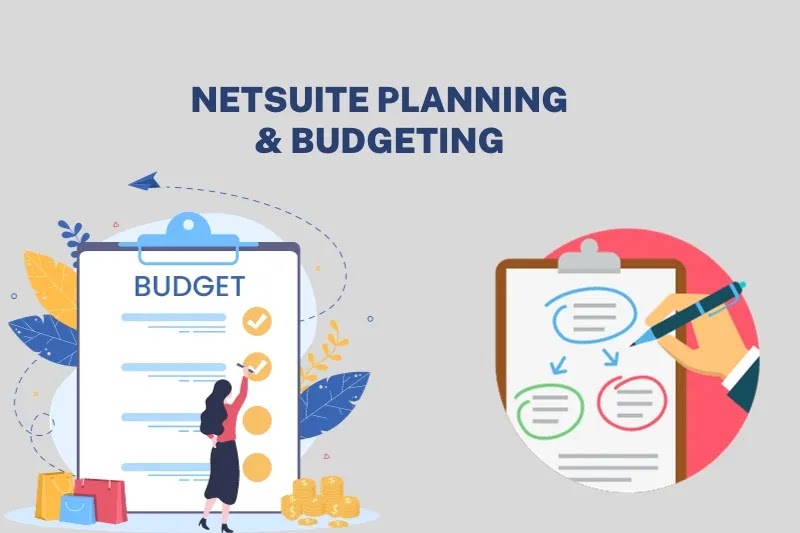
The rising costs of higher education have made saving for college a priority for many families. A popular savings tool is the 529 plan, which offers tax advantages to help cover future educational expenses. However, many families wonder, does a 529 plan affect financial aid? Understanding the relationship between a 529 plan and financial aid eligibility is crucial for making informed decisions about college savings.
A 529 plan allows contributions to grow tax-free, but how the account is owned and how withdrawals are made can impact the financial aid a student receives. The good news is that there are strategies to minimize the effect of a 529 plan on financial aid eligibility.
What is a 529 Plan?
A 529 plan is a tax-advantaged savings account designed to help families save for education costs. There are two main types of 529 plans:
- Savings Plans – Work like investment accounts where contributions grow based on the market’s performance. The funds can be used for tuition, fees, books, and even room and board.
- Prepaid Tuition Plans – Allow families to purchase credits for future tuition at today’s rates. These plans help families lock in tuition prices, protecting against inflation, though they may have limitations on which schools accept these credits.
Does a 529 Plan Affect Financial Aid? How Assets Are Treated in Aid Calculations
When answering the question, does a 529 plan affect financial aid, the main consideration is how assets in the account are counted in financial aid calculations. Specifically, 529 plans are treated as parental assets under the Free Application for Federal Student Aid (FAFSA).
- Parental Assets: 529 plan assets owned by parents are assessed at up to 5.64% of their value when determining the Expected Family Contribution (EFC). This is much lower than the 20% rate for assets owned by the student.
- Ownership Matters: If a 529 plan is owned by a grandparent or non-parent relative, the account is not included as an asset on the FAFSA. However, withdrawals are treated as untaxed income for the student and can negatively affect aid eligibility in subsequent years.
Impact of 529 Plan Distributions on Financial Aid
Does a 529 plan affect financial aid when withdrawals are made?
The answer depends on how the funds are used:
- Qualified Withdrawals: These are used for education expenses like tuition and books. Qualified withdrawals do not count as income on the FAFSA and therefore do not increase the student’s EFC.
- Non-Qualified Withdrawals: These are used for non-educational expenses and are counted as income. They can significantly reduce a student’s financial aid by increasing their EFC.
Additionally, some colleges reduce institutional aid for students with access to 529 plan funds, viewing them as an additional resource for covering educational costs.
Strategies to Minimize the Impact of a 529 Plan on Financial Aid
While a 529 plan can impact financial aid, families can use several strategies to minimize this effect:
- Time Withdrawals Wisely: Try to withdraw funds in a way that avoids having them counted as student income. Spreading out withdrawals over the years can reduce the financial aid impact.
- Use Qualified Distributions: Prioritize qualified withdrawals for expenses like tuition and fees to avoid affecting financial aid eligibility.
- Change Ownership: If the 529 plan is owned by a grandparent or another relative, consider transferring ownership to the parent to avoid distributions being counted as student income.
- Leverage for Non-FAFSA Expenses: Use the funds for costs not included in financial aid calculations, such as transportation or technology purchases.
Conclusion: Does a 529 Plan Affect Financial Aid?
So, does a 529 plan affect financial aid? Yes, but its impact can be managed. A 529 plan is considered a parental asset on the FAFSA, but it’s assessed at a low rate, making it less detrimental than student-owned assets. By understanding how withdrawals are treated and using the right strategies, families can minimize the effect on financial aid and still benefit from the tax advantages of a 529 plan.
For the best results, consult a financial advisor to navigate the complexities of 529 plans and financial aid, ensuring your child receives maximum support for their education.

